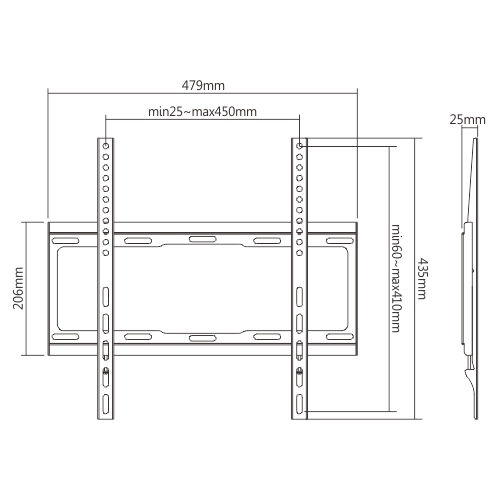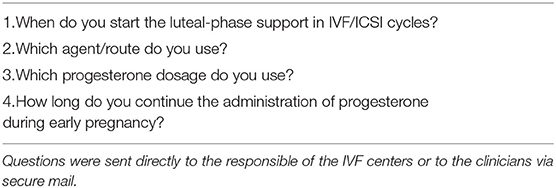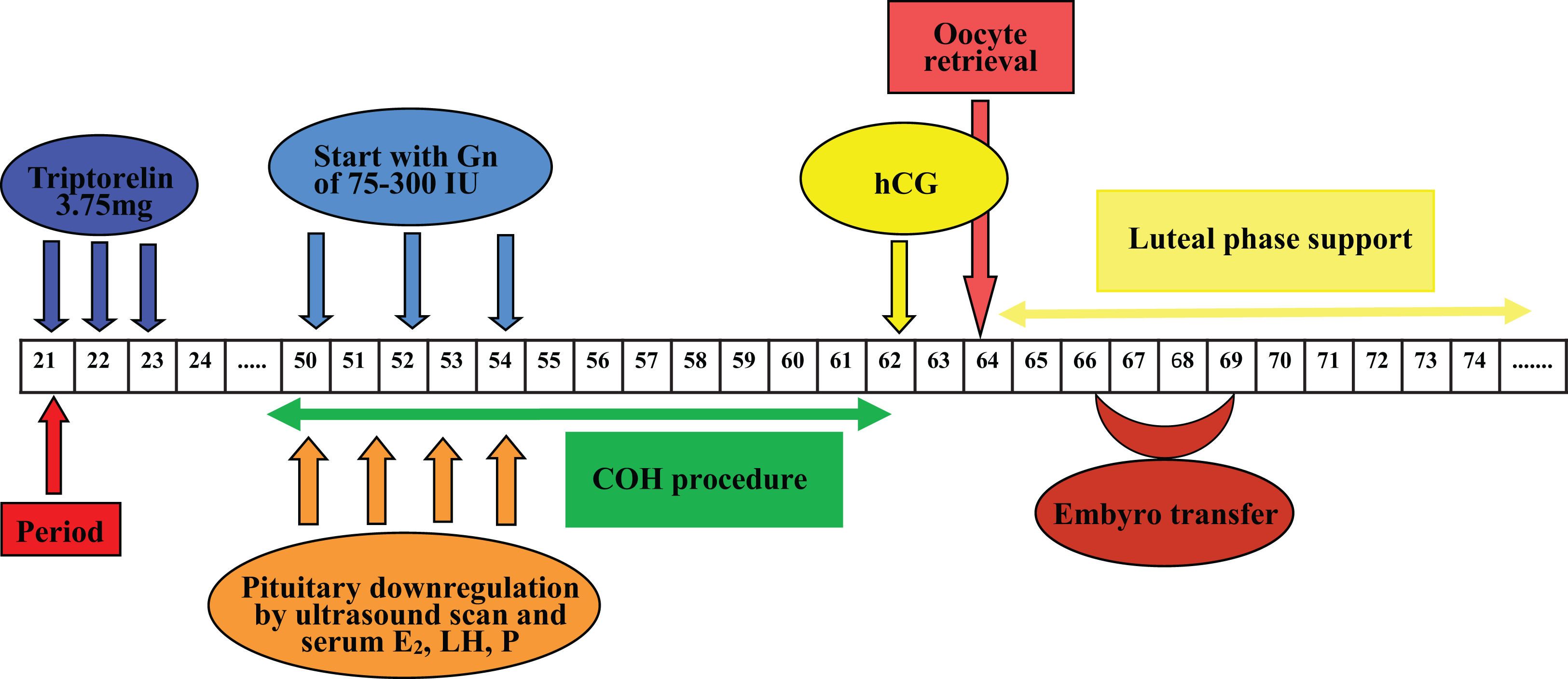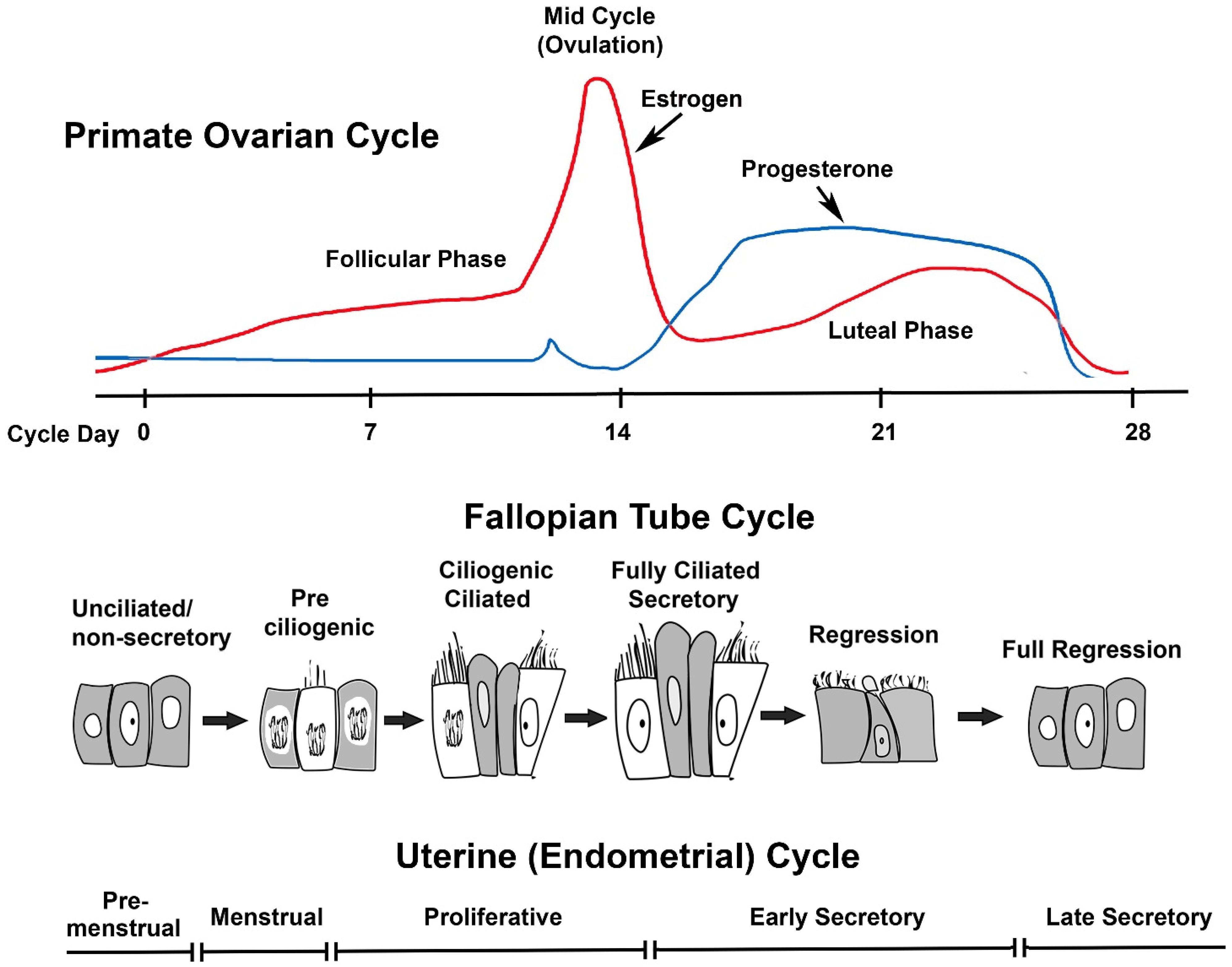Cells, Free Full-Text
4.7 (492) · $ 18.50 · In stock
Therapies that target progesterone action hold potential as contraceptives and in managing gynecological disorders. Recent literature reviews describe the role of steroid hormones in regulating the mammalian oviduct and document that estrogen is required to stimulate epithelial differentiation into a fully functional ciliated and secretory state. However, these reviews do not specifically address progesterone action in nonhuman primates (NHPs). Primates differ from most other mammals in that estrogen levels are >50 pg/mL during the entire menstrual cycle, except for a brief decline immediately preceding menstruation. Progesterone secreted in the luteal phase suppresses oviductal ciliation and secretion; at the end of the menstrual cycle, the drop in progesterone triggers renewed estrogen-driven tubal cell proliferation ciliation secretory activity. Thus, progesterone, not estrogen, drives fallopian tube cycles. Specific receptors mediate these actions of progesterone, and synthetic progesterone receptor modulators (PRMs) disrupt the normal cyclic regulation of the tube, significantly altering steroid receptor expression, cilia abundance, cilia beat frequency, and the tubal secretory milieu. Addressing the role of progesterone in the NHP oviduct is a critical step in advancing PRMs as pharmaceutical therapies.

Cell-free DNA profiling informs all major complications of
George Ward's Profile, Newsweek Europe, Harvard Business Review, MDPI Journalist

Fred's Adventure Through the Cell - Free stories online. Create

Cell-free gene expression Nature Reviews Methods Primers

6,375 Blood Cell Types Royalty-Free Images, Stock Photos
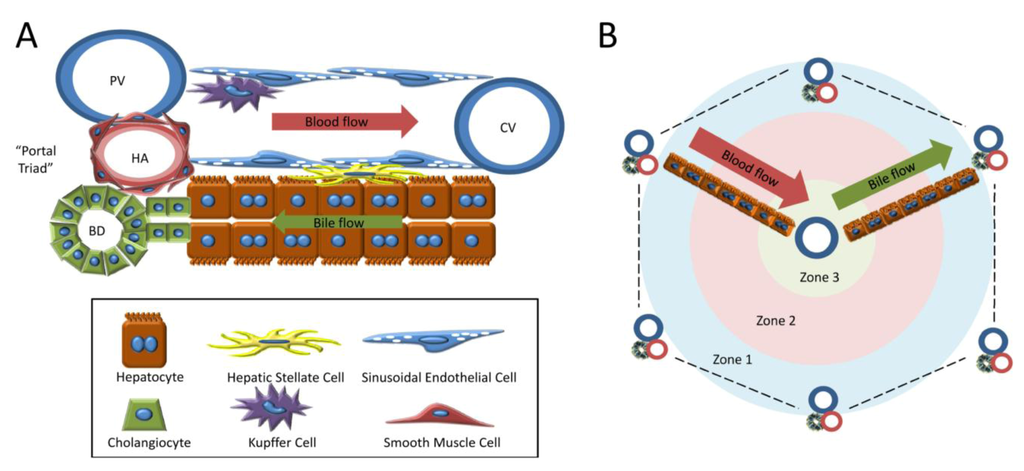
Cells December 2012 - Browse Articles
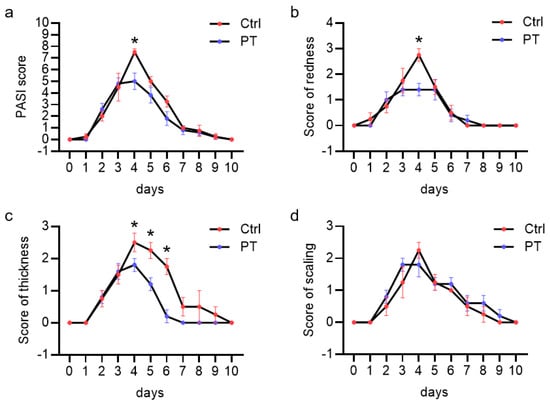
Cells, Free Full-Text

excel - How to view full contents if text is too large for the

Cell-free, methylated DNA in blood samples reveals tissue-specific
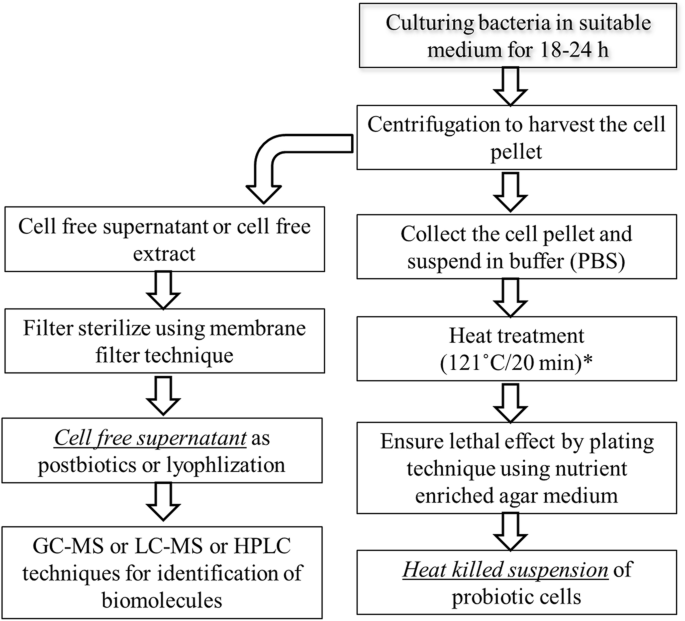
Cells, Free Full-Text, freecell online 100

Cells An Open Access Journal from MDPI
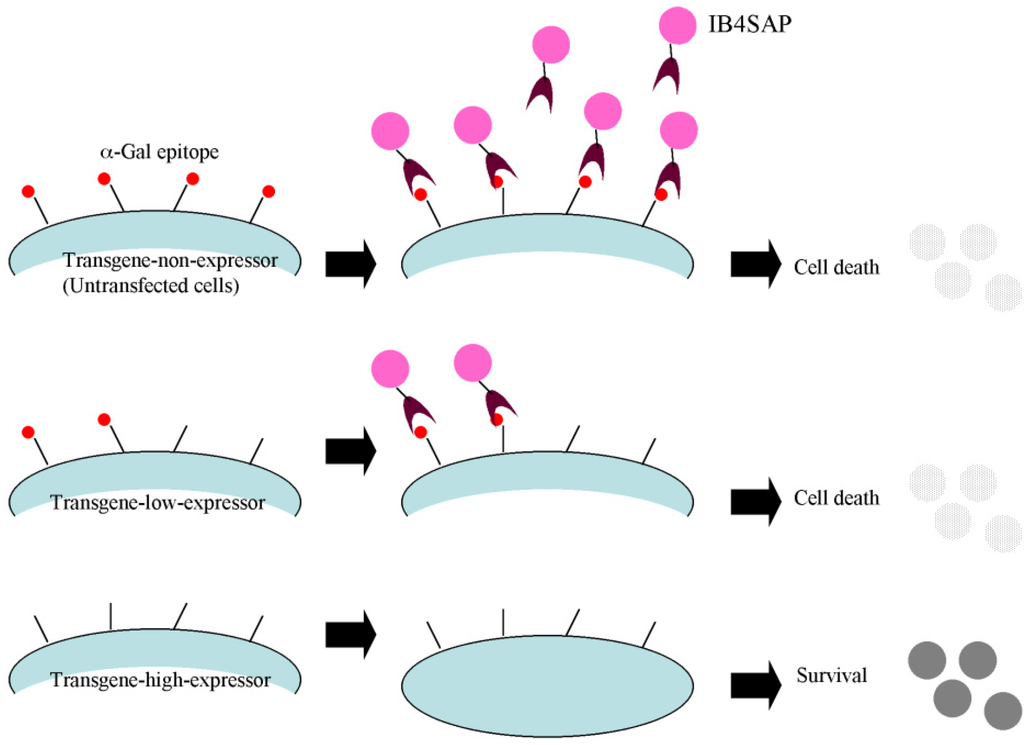
Biology, Free Full-Text



